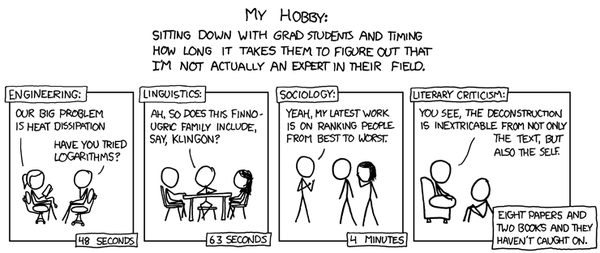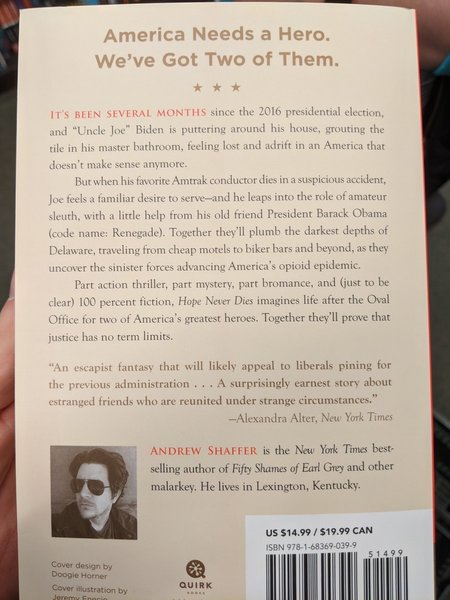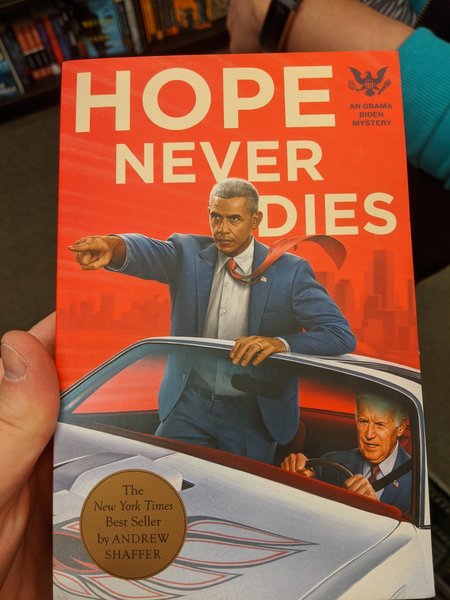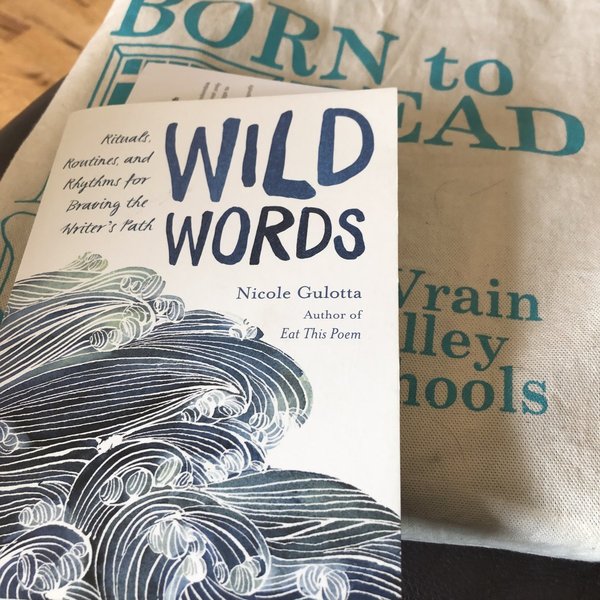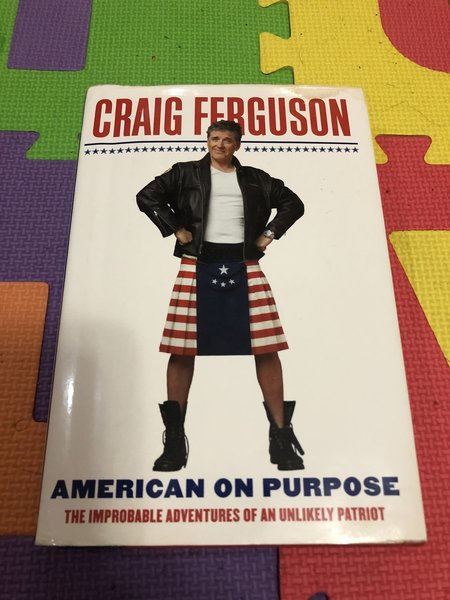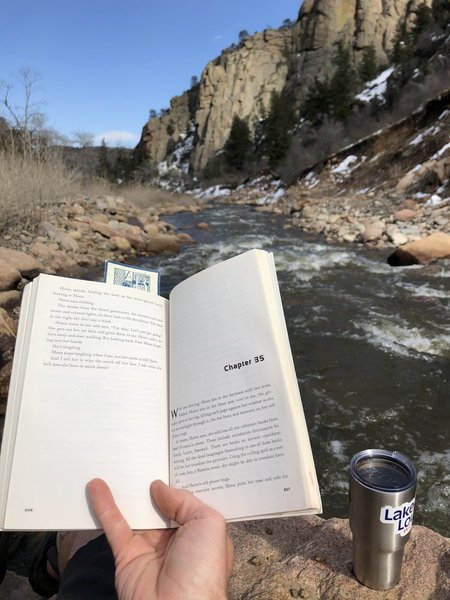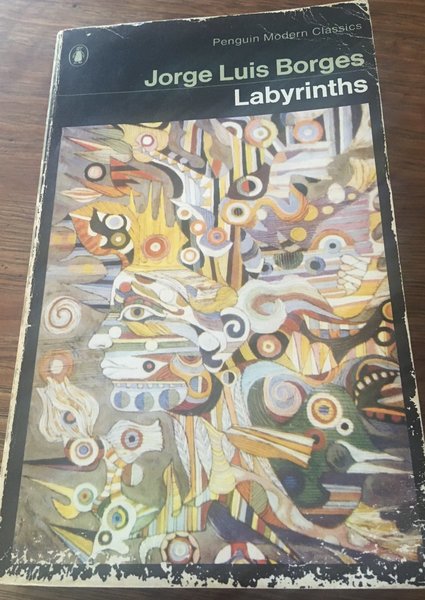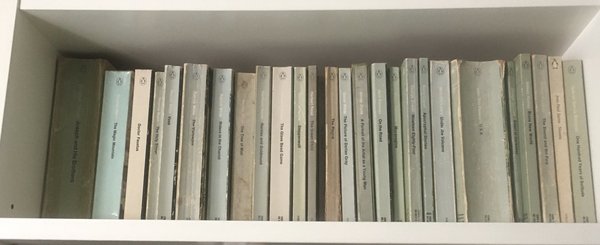jeradjames
Senior Member
- Joined
- Apr 5, 2015
- Messages
- 107
- Reaction score
- 407
5. Jakob Von Gunten - Robert Walser
Narrator fleas home to attend a school for servant boys, the Benjamenta Institute (also, a movie I found out) ran by an odd brother and sister duo. Written primarily as a diary. Although, it lacks the form of day to day entries. Writing drifts through reality, imagination, and dream states.
Narrator fleas home to attend a school for servant boys, the Benjamenta Institute (also, a movie I found out) ran by an odd brother and sister duo. Written primarily as a diary. Although, it lacks the form of day to day entries. Writing drifts through reality, imagination, and dream states.


